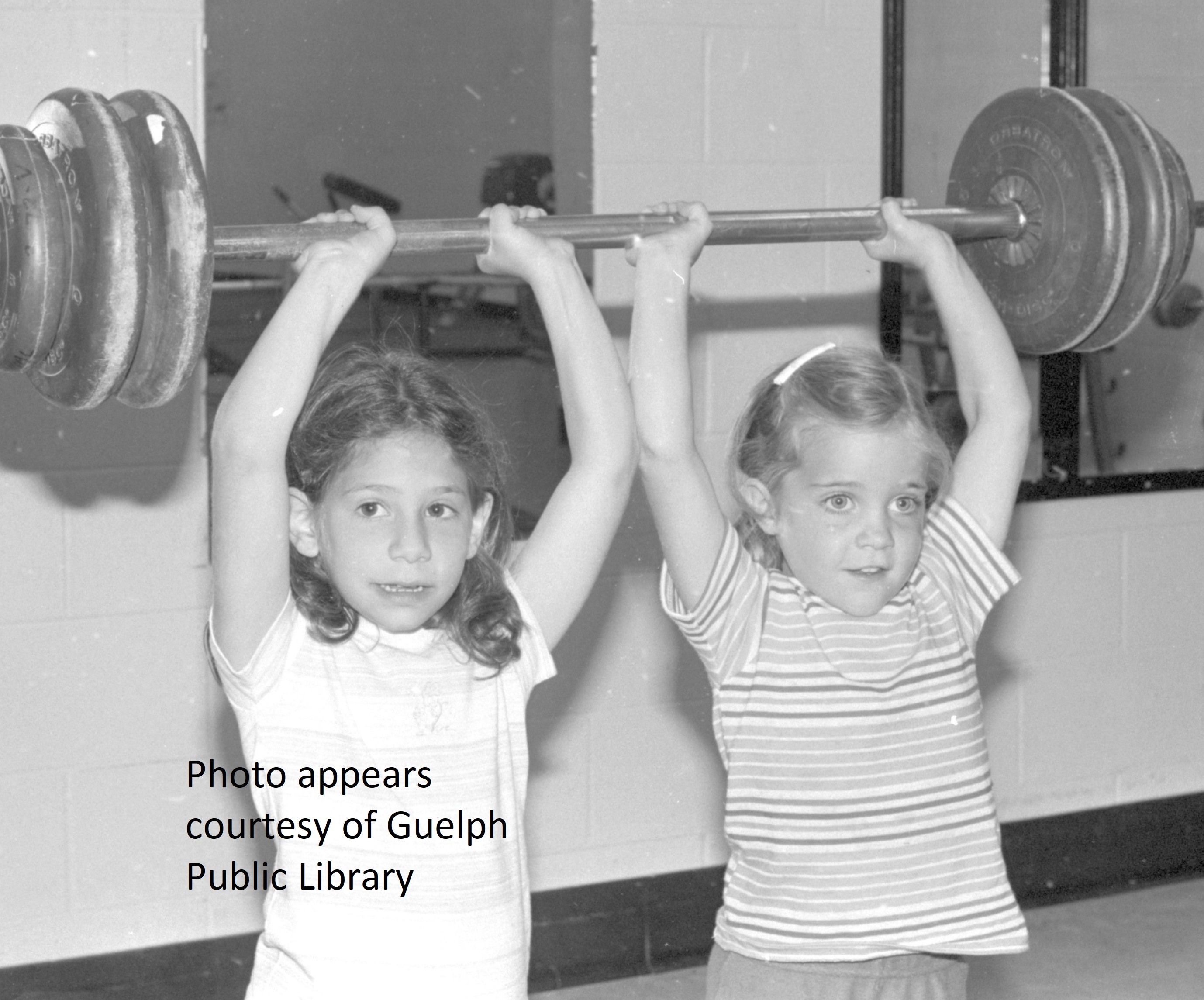The Canadian Federation of University Women Guelph Chapter: Women Supporting Women for 75 Years
In the early twentieth century, women faced many challenges, including that of gaining admission to post-secondary institutions in Canada. The Canadian Federation of University Women was established in 1903 in Toronto. Many more of these ‘clubs’ were formed in the early twentieth century, garnering support amongst the ranks of women who were deemed ‘unusually accomplished.’ These clubs sought to provide women with a safe space, close female friendships, and allies with whom to seek political and social reform to benefit women. Their work took many forms, including the support of public libraries and scholarships, and advocating access for women in public spaces. Many of the early CFUW units joined the suffrage movement with determination, alongside their fight for access to male-dominated spaces such as universities. What began as a small group of university-educated women, had by the 1920s become an organization with an expanding membership, as more bright young women joined in pursuit of improving their communities and expanding their opportunities.
The Canadian Federation of University Women founded its Guelph chapter on May 1, 1945. The organization began by providing scholarships to female students and doing charitable work in association with the Red Cross. Today, the Guelph chapter remains an inspirational force in the community, continuing the scholarship program, and providing "Scientists in Schools" hands-on learning in local classrooms. The CFUW Guelph began with only 33 charter members, but now boasts over 180 members. Just one year after their founding, CFUW Guelph delivered a $25.00 scholarship, compared to more than $5,000 worth of in annual scholarships given now.
The dedicated work of the CFUW Guelph was originally centered around the First World War and community culture. Their efforts have extended to many areas, notably including the Millennium Reflection Garden that memorializes the female engineers slain in the 1989 Montreal Massacre. Throughout its life, the organization has prompted women to support other women in their pursuits, whether that be learning a new language, writing and performing plays, or aiding women to achieve positions in government office. The Guelph Civic Museum and the River Run Centre both owe their existence to the tireless dedication of CFUW members who volunteered their passion, time, and resources to establishing these cultural centres. CFUW Guelph is committed to poverty reduction in the community, Indigenous initiatives, Women in Leadership, and collaboration with local government representatives to improve Guelph. In the past year, the organization has provided many scholarships to students at local educational institutions and to those in community support programs. CFUW Guelph has also been a partner in delivering the virtual exhibit Her Stories: Trailblazers in Guelph and Wellington County. Now a well-established and accomplished organization with a significant membership, one of the main aspects of CFUW Guelph remains the strong friendships that have formed between its members. |
CFUW Guelph Executive, 1970. In this photograph are shown Fran Struthers (recording secretary), Janet McLean (president), Cathy Burns (past president), Marina Zitnak (social convenor), and Norma Neudoerffer (publicity). In the back row are Betty Dewhirst (program convenor), Joan Jenkinson (corresponding secretary), and Judy McVittie (vice president). Photo appears courtesy of the Guelph Public Library archives, Executive members, (F4-04-0-4-2) 1977
The Millennium Reflection Garden, located at the confluence of the Speed and Eramosa Rivers. The garden houses two screens made up of 7 roses each, representing the fourteen women that lost their lives at Ecole Polytechnique in December 1989. The CFUW encourages visitors to the use the space to reflect. |

